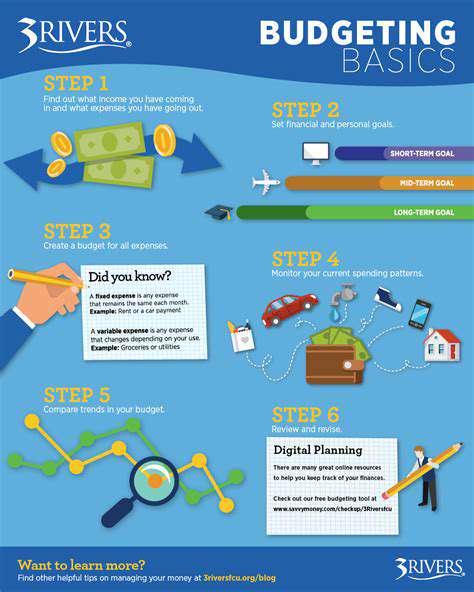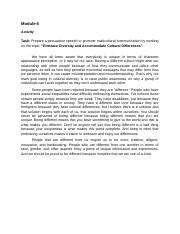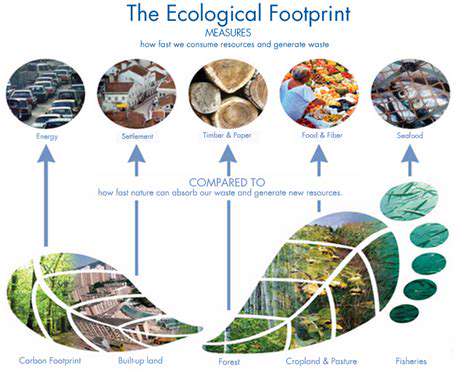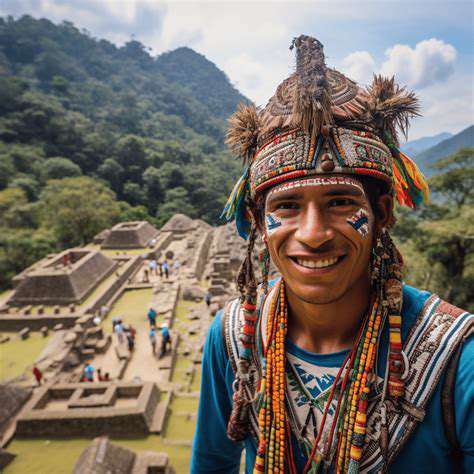How to Prepare for a Volunteer Abroad Experience
Passport Validity and Requirements
Your passport is your ticket abroad. Check its expiration date immediately—many countries require six months of validity past your departure. Renew it early if needed; processing can take weeks. For example, a friend once had to postpone their trip because their passport expired in five months, not six. Don’t let this happen to you. Keep digital and physical copies of your passport separately in case of loss.
Visa Application Procedures
Visas can be tricky. Requirements vary by nationality and destination. Start applications months ahead—some visas take weeks to process. For instance, a volunteer visa for Nepal might require a sponsorship letter, while Thailand may ask for proof of funds. Missing one document can delay everything. Double-check embassy websites; rules change often. A pro tip: Use a checklist and track each step to avoid oversights.
Required Supporting Documents
Beyond your passport, you’ll need additional paperwork. Common requirements include:
- Bank statements (proving you can support yourself)
- Invitation letters (from your host organization)
- Flight itineraries (showing entry/exit dates)
Health Requirements and Insurance
Health prep is non-negotiable. Some countries mandate vaccines (e.g., yellow fever for Ghana). Visit a travel clinic early—some vaccines require multiple doses over weeks. Carry proof of vaccinations; customs may ask for it. Invest in robust travel insurance covering medical emergencies, evacuation, and theft. A colleague once broke a leg hiking in Peru—their insurance covered the $15,000 hospital bill. Without it, they’d have been in serious debt.
Contacting Embassies and Consulates
Embassies are your best resource. Their websites list current requirements, but calling can clarify ambiguities. For example, the Indonesian embassy might confirm whether a social visa allows volunteer work. Note their operating hours—time zones matter. If visiting in person, dress professionally and bring all documents. Being polite and prepared speeds up the process.
Financial Considerations and Budgeting: Managing Your Resources

Initial Investment Costs
Volunteering isn’t free. Program fees, flights, and gear add up. Create a spreadsheet tracking every expense—hidden costs creep up fast. For example, a $1,500 program fee might exclude visas ($200), vaccinations ($300), or local transport ($150). Fundraise creatively: Crowdfund, host bake sales, or apply for grants like the Volunteer Forever Scholarship. Every dollar saved reduces stress later.
Operational Expenses
Daily costs abroad vary wildly. In Uganda, $10/day might cover basics, while in Iceland, $50/day is lean. Research local prices for meals, transport, and SIM cards. Use apps like XE Currency for real-time exchange rates. Withdraw cash wisely—ATM fees and poor rates can drain funds. Inform your bank of travel dates to avoid frozen cards. Pro tip: Carry a backup card in a separate bag.
Revenue Projections
If fundraising, set realistic goals. Break down needs: I need $3,000—$1,500 for flights, $1,000 for fees, $500 for emergencies. Share specifics with donors; they’re more likely to support clear plans. Track donations in a spreadsheet and thank donors personally—a postcard from abroad goes a long way. Consider matching gifts if your employer offers them.
Funding Sources
Explore all options:
- Scholarships: Many organizations offer aid based on merit or need.
- Part-time work: Save up by freelancing or tutoring.
- Sponsorships: Local businesses might sponsor you in exchange for social media promotion.
Budgeting and Forecasting
Budget for the unexpected. Add a 15–20% buffer to your total estimate. Track spending abroad using apps like Trail Wallet. Adjust as needed—if you overspend on souvenirs, cut back on dining out. Post-trip, review what you spent versus projected. This helps future volunteers. For example, I budgeted $50/week for food in Costa Rica but actually spent $70—next time, I’ll allocate more.











